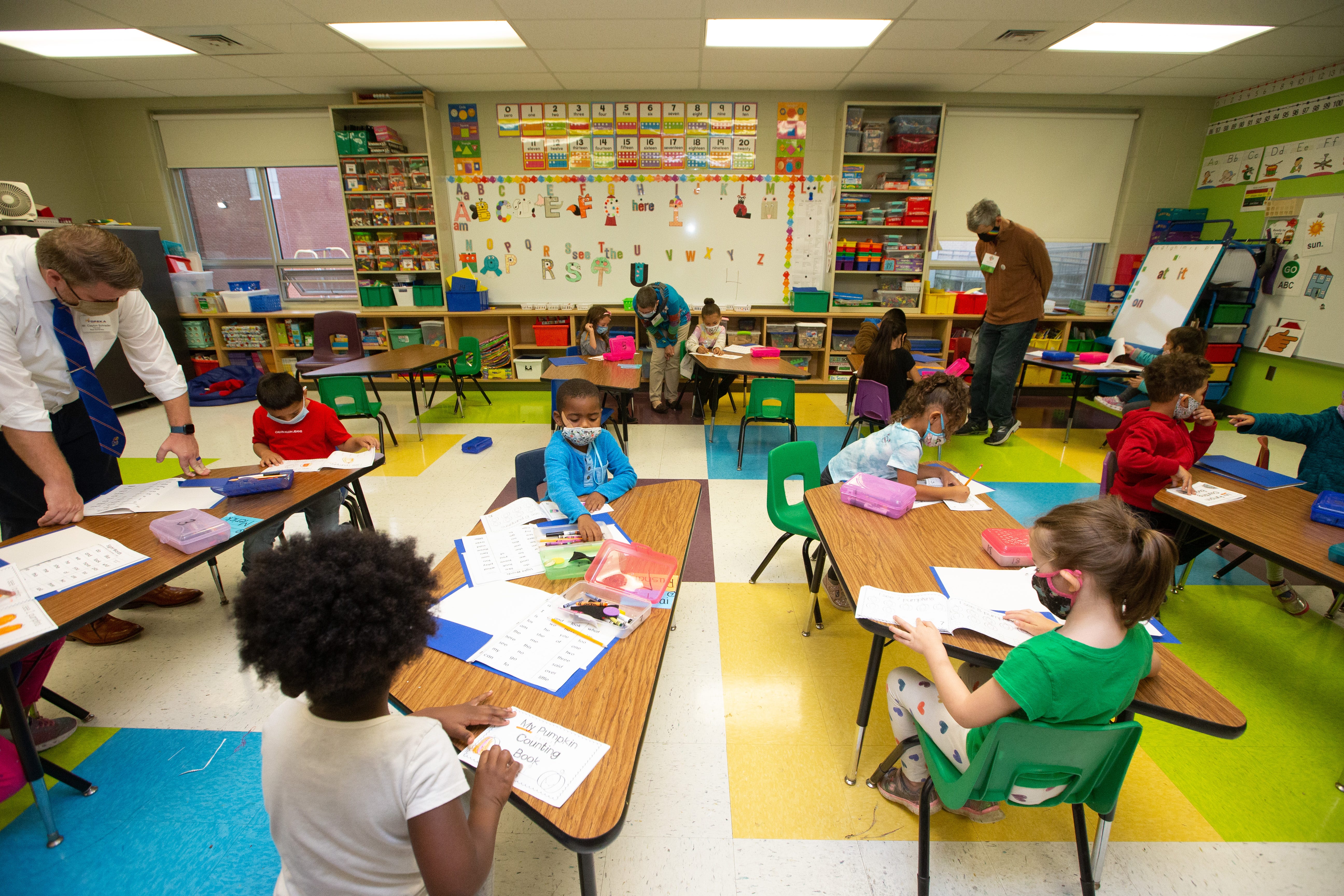Get Top Results with Primary Science Tuition Singapore from Experienced Tutors
Get Top Results with Primary Science Tuition Singapore from Experienced Tutors
Blog Article
Discover the Crucial Benefits of Understanding Main Science for Young Learners
The significance of main science education for young students prolongs much past mere expertise acquisition; it offers as an essential column in creating crucial abilities such as essential reasoning, problem-solving, and creativity. Involving with clinical principles via inquiry-based and interactive activities not just grows curiosity but additionally lays the groundwork for resilient, positive learners.
Enhancing Important Thinking Skills
Cultivating essential assuming abilities in young students is crucial for their cognitive development and future academic success. Crucial thinking allows youngsters to assess information, examine evidence, and make educated choices, which are vital abilities in today's information-rich culture. By engaging in clinical questions, young students can improve these skills as they explore ideas through thinking, testing, and observation.
In primary scientific research education and learning, teachers can help with vital reasoning by urging students to ask concerns, develop hypotheses, and conduct experiments. This hands-on method allows children to exercise problem-solving and create sensible reasoning skills. When trainees check out the residential or commercial properties of products or the concepts of movement, they learn to examine their findings seriously and draw conclusions based on proof.
Furthermore, discussions and joint tasks can promote important reasoning by giving opportunities for learners to verbalize their thoughts, challenge assumptions, and think about diverse point of views. By producing a helpful atmosphere that values query and representation, instructors can support critical thinking abilities that encourage young students to come to be independent thinkers and long-lasting students. Inevitably, improving these skills lays a durable structure for their future scholastic undertakings and individual development.
Cultivating Interest and Exploration

Main science education and learning offers an organized atmosphere where young students can check out different sensations with hands-on experiments and observations. By allowing them to communicate with materials and take part in inquiry-based knowing, teachers produce opportunities for children to create theories, examine their ideas, and reason. Such experiences nurture a sense of marvel and exhilaration concerning scientific research.

Building Self-confidence in Trouble Fixing
Building self-confidence in analytic is a crucial part of main science education and learning that empowers young students to approach difficulties with strength and creativity - primary science tuition Singapore. They develop crucial abilities in vital reasoning and evaluation when youngsters are encouraged to involve with clinical ideas through hands-on activities and inquiry-based discovering. This procedure not just boosts their understanding of clinical principles however likewise fosters a sense of possession over their discovering
To build confidence, teachers must produce an encouraging setting where mistakes are deemed opportunities for development as opposed to failings. This encourages trainees to take threats and explore different solutions to troubles. By offering scaffolding and assistance, educators can aid trainees browse intricate jobs, slowly increasing their independence in analytical circumstances.
Moreover, collaborative understanding experiences, such as team tasks or experiments, can even more improve pupils' self-confidence as they discover to express their ideas and pay attention to others' point of views. These interactions nurture social skills and enhance the idea that analytical is usually a collective venture. Eventually, cultivating self-confidence in analytical prepares young learners for future academic challenges and furnishes them with the tools needed for lifelong knowing.
Motivating Imagination and Advancement
In the realm of key science education and learning, motivating imagination and technology is he has a good point essential for cultivating a dynamic discovering environment. By fostering a society where young students can check out ideas and experiment easily, teachers assist students develop important assuming abilities and an interest for discovery. Creative thinking in scientific research urges children to ask questions, devise theories, and engage in hands-on tasks that boost their creative imagination.
Incorporating open-ended jobs and inquiry-based understanding right into the curriculum allows pupils to reveal their one-of-a-kind perspectives and options. As an example, when tasked with fixing a problem pertaining to their setting, pupils can conceptualize multiple strategies, resulting in creative results that showcase their originality. This not just deepens their understanding of clinical concepts yet likewise instills a sense of possession over their knowing procedure.
Moreover, innovative scientific research education supports partnership amongst peers, as students often share concepts and construct on each other's insights - primary science tuition Singapore. This collaborative spirit advertises not just technology yet additionally necessary social abilities. Therefore, by prioritizing creative thinking and development in primary scientific research education, we equip young learners to assume seriously, welcome challenges, and picture opportunities, laying a strong structure for long-lasting discovering and expedition
Getting Ready For Future Knowing Challenges
Young learners' ability to browse future knowing obstacles depends upon a solid foundation in primary scientific research education. This fundamental understanding equips students with essential thinking skills and a methodical strategy to problem-solving, crucial for tackling intricate concerns in an ever-evolving world. Main science cultivates inquiry-based understanding, urging trainees to ask concerns, check out theories, and involve in hands-on experiments.
As they create these skills, learners end up being proficient at assessing data, identifying patterns, and drawing educated conclusions. Such proficiencies are important not just in scientific fields however also in math, technology, and design (STEM), where interdisciplinary knowledge is significantly essential.
In addition, primary scientific research education and learning cultivates a sense of interest and resilience in young students, enabling them to view challenges as chances for development. As they experience and conquer challenges in their scientific explorations, they build self-confidence in their capacity to introduce and adapt.
Ultimately, a solid structure in key scientific research not just prepares young students for scholastic click this site searches yet also furnishes them with the devices required for lifelong discovering and adaptability in a quickly altering worldwide landscape. By spending in key science education, we are purchasing the future possibility of our learners.
Final Thought
Understanding key science is critical for young students, as it promotes important reasoning, curiosity, and imagination. Eventually, the benefits of primary science education prepare children for future scholastic quests and impart long-lasting learning practices vital for growing in an ever-evolving globe.
The significance of key science education for young learners expands much beyond mere knowledge procurement; it serves as an essential pillar in establishing crucial skills such as vital reasoning, problem-solving, and imagination. By developing an encouraging setting that values questions and representation, instructors can support essential thinking skills that encourage young Extra resources students to come to be independent thinkers and long-lasting students. Thus, by focusing on creative thinking and innovation in primary scientific research education, we encourage young students to believe critically, welcome challenges, and picture opportunities, laying a solid foundation for long-lasting discovering and exploration.
Young learners' ability to navigate future discovering difficulties pivots on a strong structure in primary scientific research education and learning.Recognizing primary science is crucial for young students, as it promotes essential reasoning, inquisitiveness, and creative thinking.
Report this page